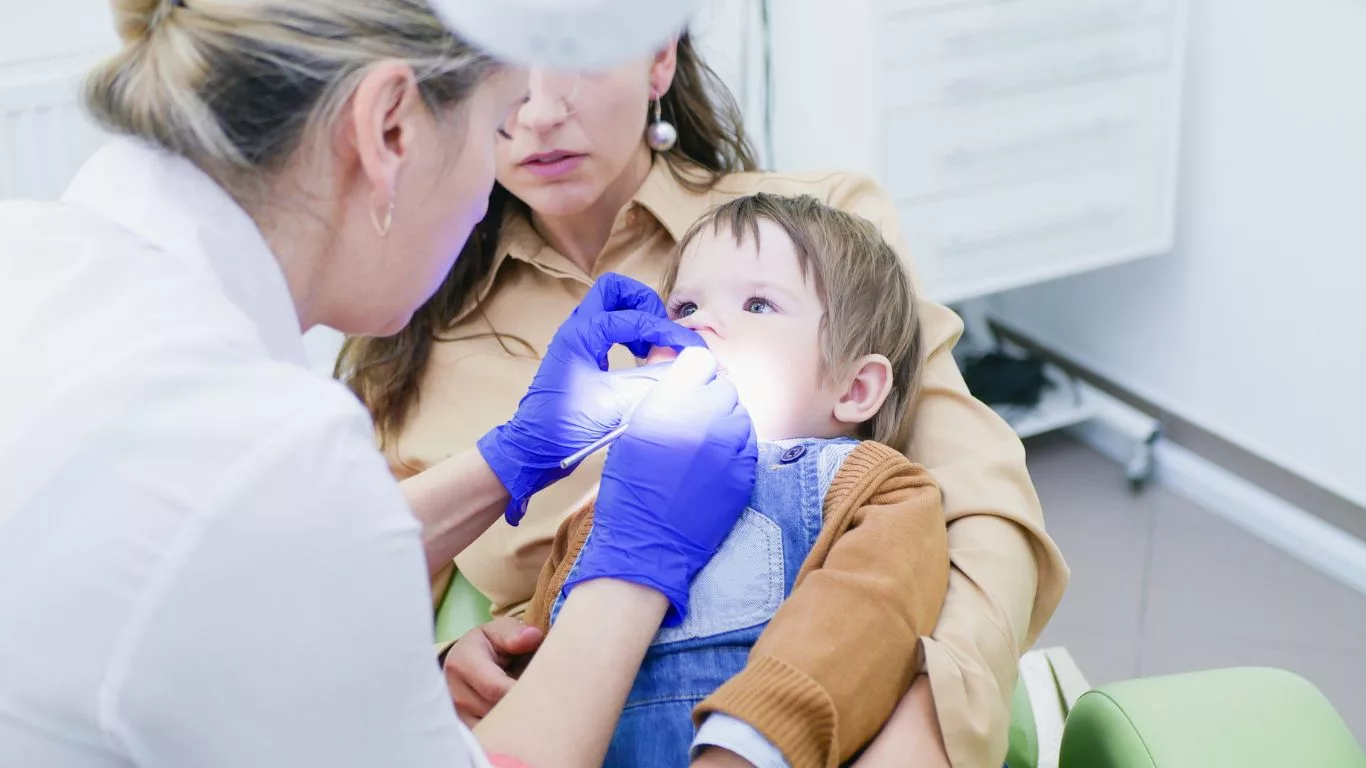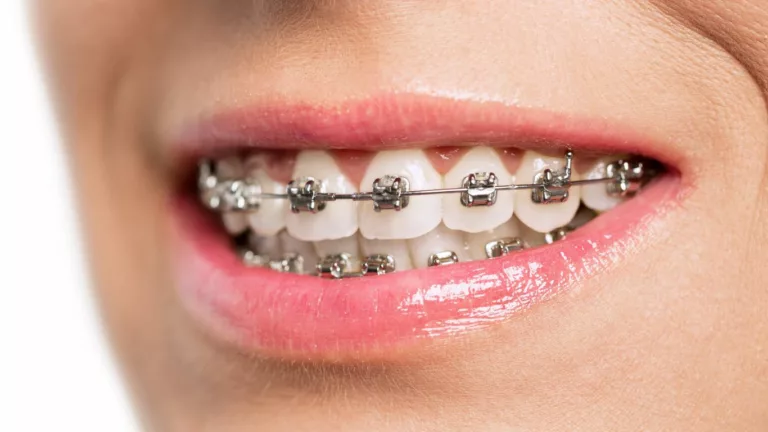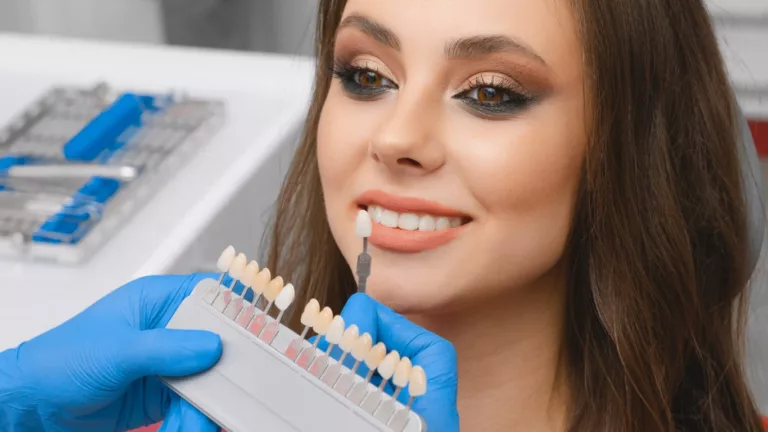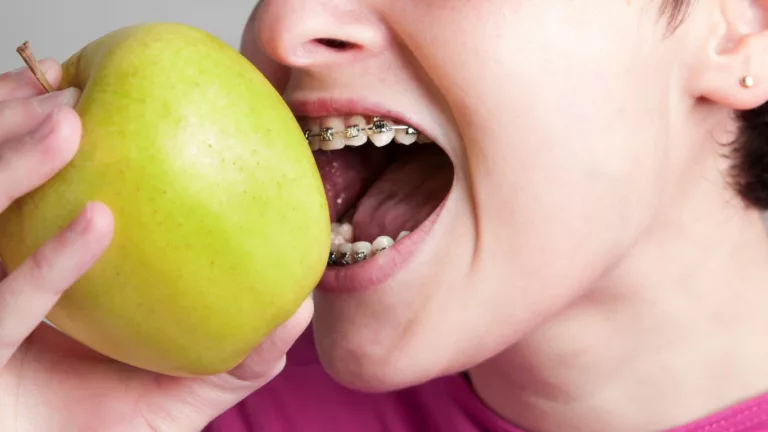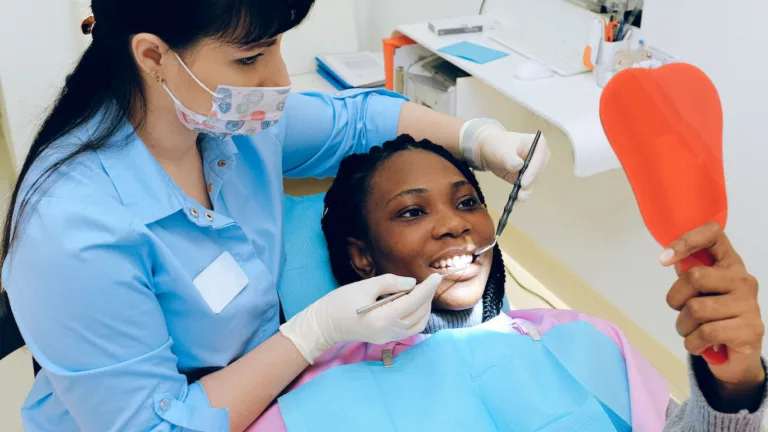Overcoming Fear of the Dentist for Toddlers
Is your toddler afraid of the dentist? Discover gentle and effective strategies to help your little one overcome dental fear and ensure a positive experience for their lifelong oral health journey.
Introduction
Understanding Toddler Dental Fear
Dental fear in toddlers is a prevalent concern for parents, often stemming from unfamiliarity and the unknown. This comprehensive guide aims to delve into the intricacies of toddler dental fear and provide parents with effective strategies to navigate and overcome these concerns. By gaining a deeper understanding of the root causes and implementing gentle approaches, you can actively contribute to creating a positive and enduring dental experience for your little one.
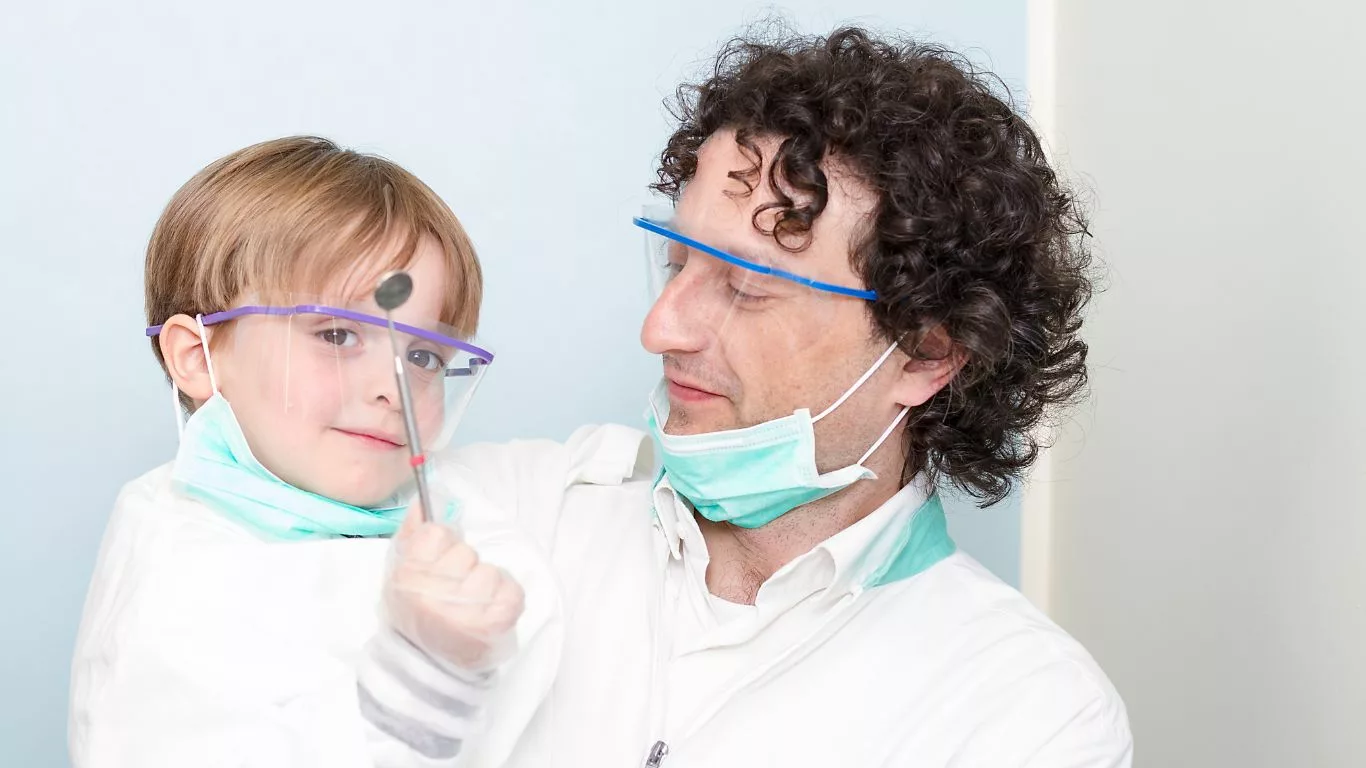
Gentle Approaches to Overcome Fear
Create a Positive Introduction
Commencing the journey early, it is essential to introduce your toddler to the dentist in a positive and reassuring light. Actively involve them in your own dental appointments, allowing them to explore the dental office environment and fostering familiarity with the surroundings. Encouraging interaction with the friendly dental staff can significantly contribute to easing anxiety and building a foundation of trust.
Choose a Child-Friendly Dentist
Selecting a pediatric dentist well-versed in handling toddler dental fear is a pivotal step in ensuring a positive dental experience. Child-friendly dental offices are designed with the young ones in mind, featuring vibrant and engaging decor, toys, and a welcoming environment. These elements collectively contribute to making the dental visit a less intimidating and more enjoyable experience for your toddler.
Role Play at Home
Engaging in imaginative play at home provides a valuable opportunity to familiarize your toddler with dental procedures in a fun and interactive manner. Take turns playing the roles of the dentist and the patient, using a toothbrush as a playful prop to mimic dental tools. This not only makes the experience enjoyable but also instills a sense of comfort and understanding about what to expect during a real dental visit.
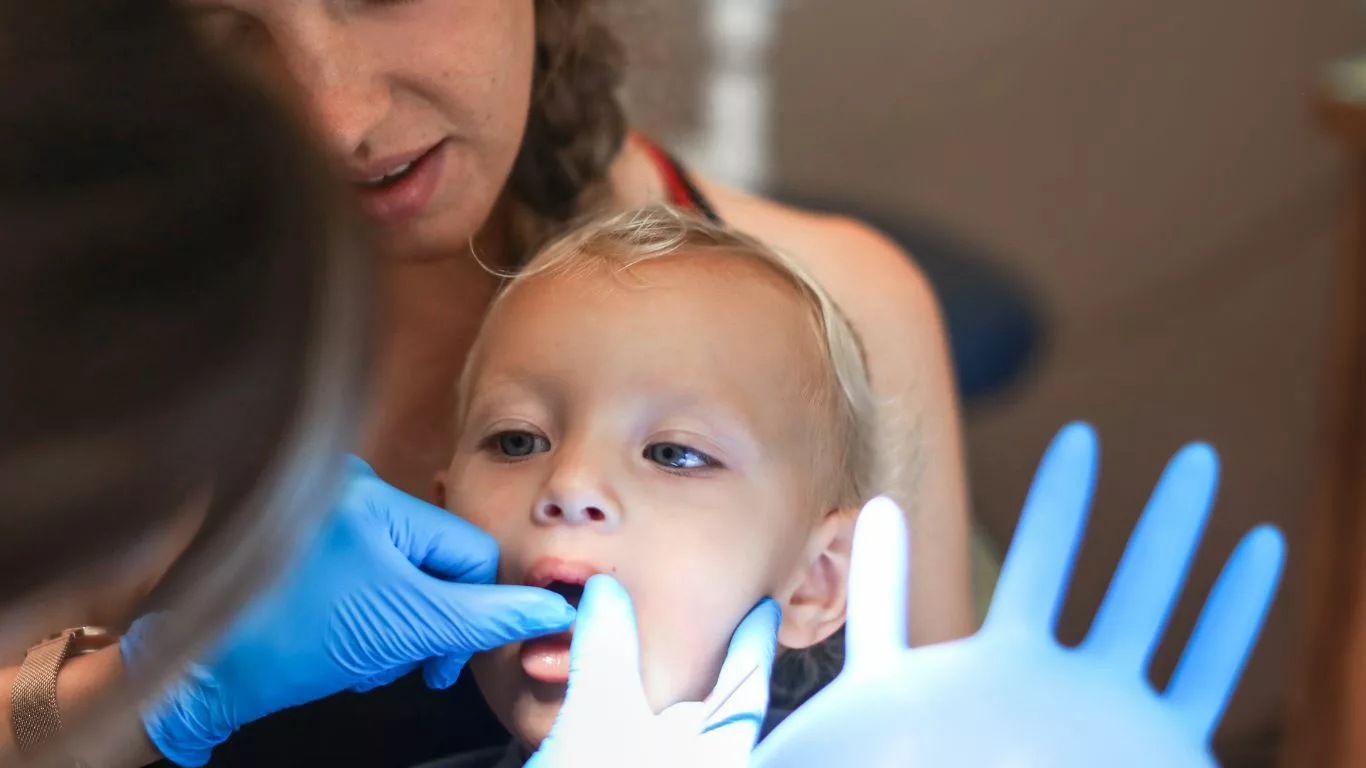
Creating a Positive and Nurturing Dental Experience
Regular Dental Check-ups: Establishing a Foundation of Care
In fostering a positive dental experience for your toddler, the cornerstone lies in scheduling regular dental check-ups. By introducing a consistent routine of dental visits, you not only prioritize their oral health but also lay the foundation for familiarity and comfort. Over time, these routine check-ups become a regular part of their life, reducing anxiety associated with the unknown and creating a sense of security in the dental environment.
Praise and Positive Reinforcement: Cultivating Confidence in Dental Visits
Encouraging positive behavior during dental visits is a key element in shaping your toddler’s attitude towards oral care. Employ the power of praise and positive reinforcement as tools to cultivate confidence. Simple gestures like offering a small treat or a colorful sticker can create a positive association with the dentist, making each visit a rewarding and enjoyable experience. By reinforcing positive behavior, you instill a sense of accomplishment and pride in your toddler, fostering a positive attitude towards dental care.
Addressing Specific Fears: Customizing the Dental Experience
Every child is unique, and their fears may vary. Open communication with the dentist is crucial in addressing specific fears your toddler may have. By sharing concerns openly, you enable the dentist to tailor their approach to meet individual needs. Whether it’s a fear of certain instruments or unfamiliar noises, a personalized and understanding approach can go a long way in making the dental experience more comfortable and less intimidating for your little one.

Ensuring Lifelong Oral Health: A Holistic Approach
Establishing Healthy Oral Care Habits: Fun and Interactive Learning
Beyond the dental office, the journey to lifelong oral health begins at home. Take the opportunity to teach your toddler the importance of oral hygiene through engaging and fun activities. Transform brushing and flossing into a playful and interactive routine, instilling good habits that contribute to their overall well-being. By making oral care a positive and enjoyable part of daily life, you set the stage for a lifetime of healthy smiles.
Consistent Dental Education: Growing with Knowledge
As your toddler grows, so does their understanding of oral health. Provide age-appropriate dental education, explaining the significance of dental care, the role of the dentist, and how regular check-ups contribute to maintaining a healthy smile. This ongoing education fosters a sense of responsibility and empowerment in your child, ensuring that they are active participants in their own oral health journey.
Monitoring Developmental Changes: Early Intervention for Optimal Health
Vigilance is key in ensuring lifelong oral health. Stay attuned to any signs of dental issues and address them promptly. Early intervention can prevent the progression of problems and maintain optimal oral health. Regular monitoring of developmental changes, such as the eruption of new teeth or potential orthodontic needs, allows for timely adjustments and proactive care.
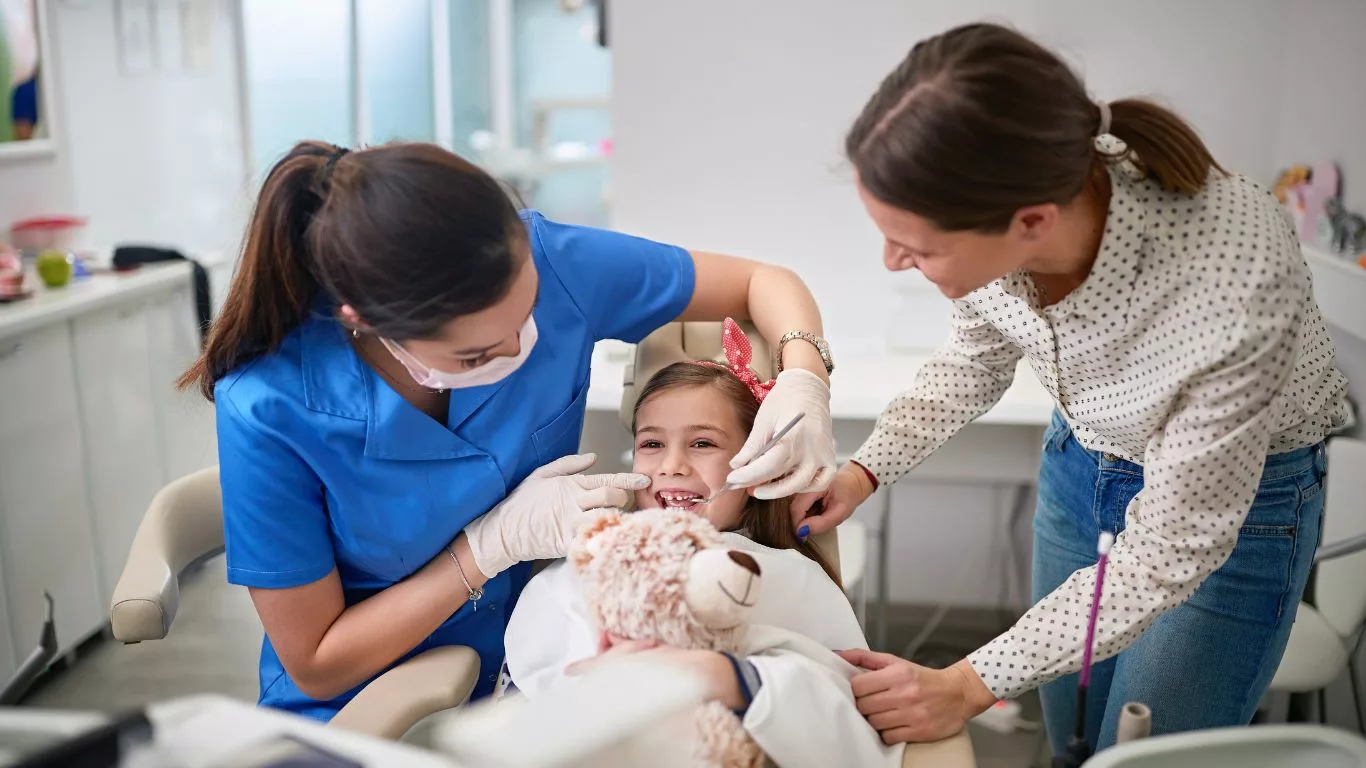
Conclusion: Nurturing a Positive Foundation for Lifelong Dental Health
Building a Positive Foundation for Dental Health
As a parent, you play a crucial role in shaping your toddler’s attitude towards dental care. By diligently implementing gentle approaches, fostering positive dental experiences, and prioritizing lifelong oral health, you can effectively guide your little one in overcoming their fear of the dentist. Remember, the journey begins early, requires consistency, and lays the groundwork for a lifetime adorned with healthy smiles and a positive outlook on oral care.
Appendices
References
- American Academy of Pediatric Dentistry (AAPD)
- American Dental Association (ADA)
- PubMed Central – Dental Anxiety in Children: Prevalence, Risk Factors, and Proposed Interventions
FAQs
If you find yourself with questions about helping your toddler overcome dental fear, this section provides insightful answers to common concerns.
Question 1: When should I start taking my toddler to the dentist?
The American Academy of Pediatric Dentistry recommends the first dental visit by the age of one or when the first tooth erupts. Early introductions lay the groundwork for positive dental experiences.
Question 2: What if my toddler refuses to cooperate during a dental visit?
It’s entirely normal for toddlers to be apprehensive. Collaborate with the dentist to find strategies that make the experience more comfortable. Consider seeking a pediatric dentist experienced in handling anxious children for specialized care.
Question 3: How can I help my toddler establish good oral care habits?
Transform oral care into a positive and enjoyable experience for your toddler. Use child-friendly toothpaste, let them choose a toothbrush featuring their favorite character, and engage in the routine together to make it a shared and fun activity.
Table: Strategies for Overcoming Toddler Dental Fear
| Strategy | Description |
|---|---|
| Create a Positive Introduction | Introduce your toddler to the dentist early, creating familiarity and reducing anxiety. Early introductions lay the groundwork for a positive outlook on dental care. |
| Choose a Child-Friendly Dentist | Opt for a pediatric dentist with a welcoming environment to make the visit less intimidating. Child-friendly offices contribute to positive dental experiences. |
| Role Play at Home | Engage in pretend play to familiarize your toddler with dental procedures in a fun and interactive way. This not only makes dental care enjoyable but also demystifies the process. |
| Regular Dental Check-ups | Schedule consistent dental check-ups to establish a routine and build familiarity. Routine visits contribute to a sense of normalcy and comfort in the dental environment. |
| Praise and Positive Reinforcement | Encourage positive behavior with praise and small rewards during dental visits. Positive reinforcement creates a connection between dental visits and enjoyable experiences. |
| Establishing Healthy Oral Care Habits | Teach your toddler the importance of oral hygiene through fun and interactive brushing and flossing activities. Making oral care a positive part of their routine sets the stage for lifelong habits. |
Disclaimer
This article is provided for informational purposes only and should not be considered a substitute for professional dental advice, diagnosis, or treatment. Always consult with a pediatric dentist or qualified healthcare provider for specific concerns regarding your toddler’s dental health. The author and publisher do not endorse any specific dental practices mentioned in this article. Your child’s oral health journey is unique, and individualized guidance is essential for their well-being.

Camellia Wulansari is a dedicated Medical Assistant at a local clinic and a passionate health writer at Healthusias.com. With years of hands-on experience in patient care and a deep interest in preventive medicine, she bridges the gap between clinical knowledge and accessible health information. Camellia specializes in writing about digestive health, chronic conditions like GERD and hypertension, respiratory issues, and autoimmune diseases, aiming to empower readers with practical, easy-to-understand insights. When she’s not assisting patients or writing, you’ll find her enjoying quiet mornings with coffee and a medical journal in hand—or jamming to her favorite metal band, Lamb of God.

